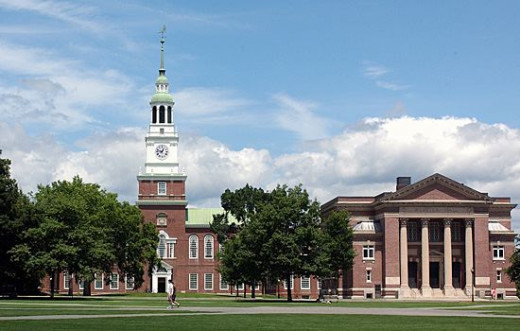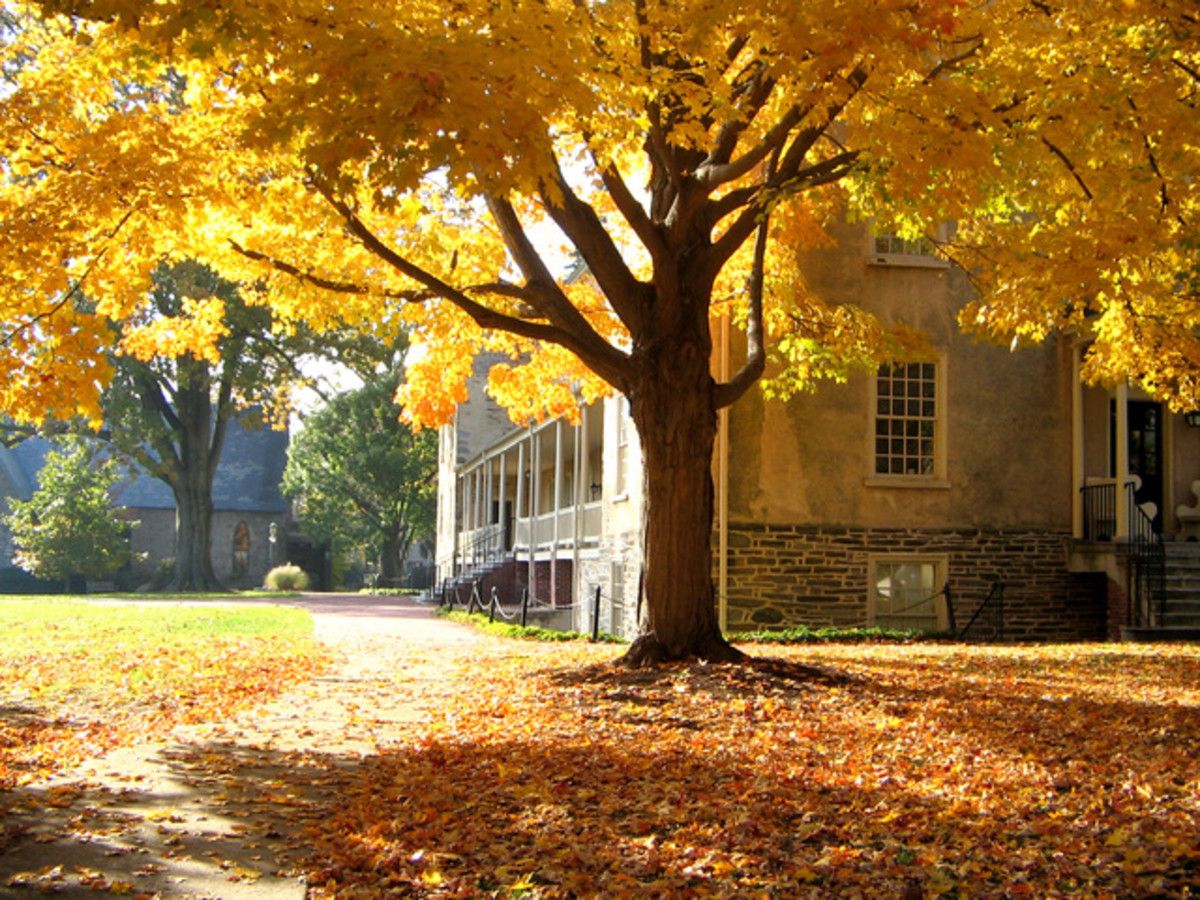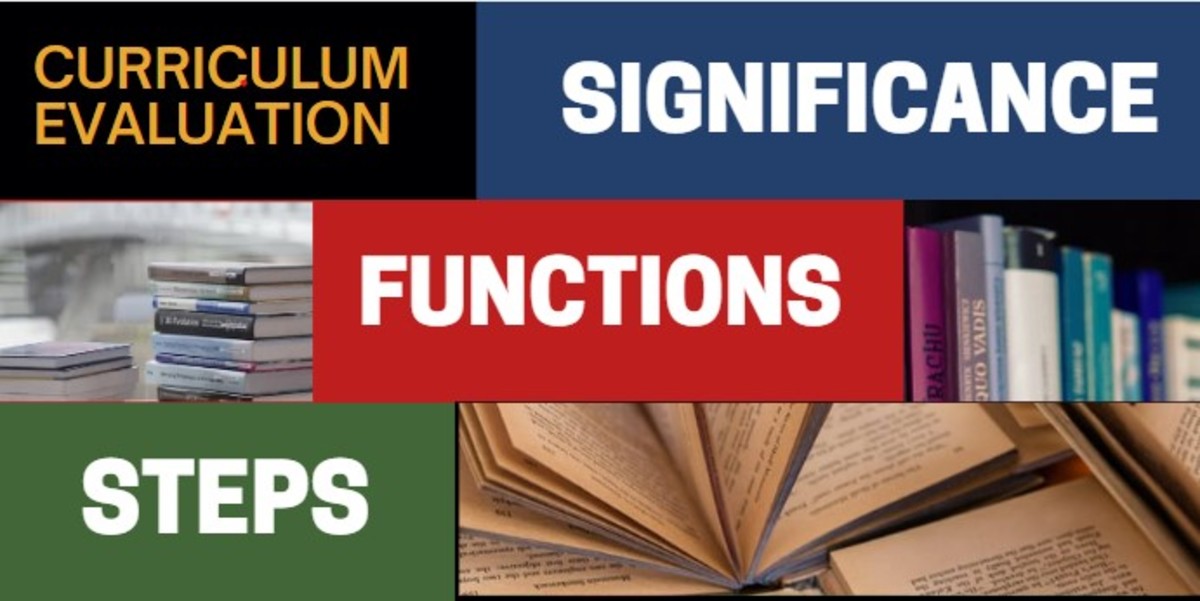Choosing the Right College or University

Evaluating College Options
Choosing the right college or university to attend can be an agonizing and time consuming decision. There are several factors that must be seriously considered if a student is to pick the one that will best meet their life goals, provide them with a quality, affordable education and offer them the best social opportunities to enhance their experience.
Unless you are planning to enter college later than your peers, waiting until the end of your senior year of college is often too late. There are colleges that accept applications for the fall semester as late as July, but if you’re interested in a large university with a prestigious reputation, waiting that long to apply means missing your chance for admission to the fall semester.
Many high school freshmen and sophomores are already thinking about what college or university to attend. Though it is too early to apply, they want to pare down to a short list by Junior year so that they can begin submitting applications during their spring semester or fall semester of senior year.
When preparing your list of potential colleges or universities, here is a set of criteria to consider:
Act Vs. Sat
Which entrance exam does your college or university of choice require? ACT? SAT? Both? Preparing for these exams takes time and money so it is important to know which one you will be sitting for based upon what is required by your school of choice. You will be required to submit your scores as part of the application process. Taking the exam early can be beneficial as you are allowed to take the same exam more than once and submit your highest score.
Distance from Home
For many students, living on campus provides the first opportunity to be independent. But for many, the comfort of having mom and dad only a short drive away is important. For others, the farther away, the better. It is important to reflect on this issue. Ask yourself questions such as, “If I get really sick, do I want to be able to drive home for a few days?” “If I’m having trouble finding a really quiet, private place to study for finals, would I rather be home in my own bedroom?”
Size of Campus
College campuses vary greatly in size, ranging from enrollments in the hundred to over 100,000, with most somewhere in the tens of thousands. There are advantages and disadvantages to each. Challenges with very large institutions include reduced access to one’s academic advisor; ability to engage in meaningful classroom dialogue due to overwhelming classroom size; forming new friendships; and transportation. Smaller universities may offer fewer majors and fewer social opportunities. It may also be more difficult to get into a smaller school as they accept far fewer applicants.
Academic Majors
It is important, but not mandatory, that freshman enrollees declare a major course of study. While you can declare as late as spring semester of sophomore year and still potentially graduate within 4 years, the longer one waits, the harder it is to complete your degree within that time frame. Declaring a major also helps select the best university for your academic pursuits. Deciding to become a kindergarten teacher after enrolling in a university that offers no elementary education major means you’ve made the wrong choice.
Average Length of Stay
It is becoming more common for students to finish their undergraduate coursework in 5 years instead of 4. If you are committed to getting out in 4 years, talk to the admissions department about their average length of stay, in particular as it relates to your chosen field of study. If you are planning to obtain a minor or declare a double major, you may have to prepare for the possibility of remaining enrolled for a minimum of one extra semester.
Financial Aid
College is very expensive and getting more so every year. For most students, getting a good financial aid package is the key to choosing a university you can afford. Your package should include a combination of grants, scholarships, work-study opportunities and loans. Universities with the healthiest endowments can afford to offer more lucrative financial aid packages. Keep in mind that scholarships and grants will go to students with the most impressive resumes, so start crafting yours early.

Student Athlete Opportunities
Are you a student athlete now? Do you hope to continue involvement in sports at the college level? Are you a potential athletic scholarship candidate? It is important to know whether your college of choice offers the sport that you hope to engage in. If so, is it a varsity sport or is it an intramural or club sport? Athletic scholarships are extremely competitive and are only offered at Division 1 and 2 schools. Smaller Division 3 schools are not allowed to offer athletic scholarships. If you are hoping to compete for athletic scholarships, it is important to know if the schools on your short list are D1, 2 or 3 schools. It is also important to know what the minimum GPA will be for earning and maintaining your scholarship.

SAFETY
Living away from home for the first time is an exhilarating experience, but can be more dangerous as well. As an adult, you will be responsible for making good choices and looking out for your own safety as much as possible. Many students are exposed to situations such as binge drinking, hazing, date rapes and sexual assaults. While these situations are often avoidable and do not represent the norm, they are serious issues on campuses across the U.S. Talk to the school about programs and services they have that help reduce the prevalence of these situations. Responses should include: emergency phones readily available cross campus; campus security departments that are open 24 hours per day; escorts to get students safety back to their dorms upon request; well lit walkways and quads; working smoke detectors, fire alarms and sprinkler systems in all facilities; zero tolerance policies on sexual assaults; etc. Campus administration should also be willing to provide statistics on the number of campus assaults and other crimes upon request.
Study Abroad
Are you interested in taking classes overseas, becoming immersed in another language and culture? If so, it is important to determine if your school of choice offers options for study abroad for one semester or a full year. Which countries and universities do they have relationships with? Will your financial aid transfer to the other school?

INTERNSHIPS
Getting an undergraduate degree is valuable on many levels. It is the stepping-stone to obtaining an advanced degree, if that is your goal. It also helps students become more well rounded individuals by enhancing their communication skills, sense of organization and prioritization, and it offers a broader base of world knowledge than one might otherwise have. Undergraduate studies help students take a greater interest in the world around them and learn to question commonly held beliefs while engaging in meaningful dialogue about world issues. What undergraduate degrees do not typically do, is prepare liberal arts students for specific careers. In addition to a four year degree, most employers will also want a candidate to possess some degree of practical experience. This can only obtained by engaging in a quality internship. Most universities will have a large host of internships for which students may compete. Find out what opportunities may exist in your field of study. Are internships offered? Are they required? How many internships have the potential to lead to employment after graduation?
Social, Spiritual, Philanthropic Opportunities
Are you interested in pledging a fraternity of sorority? Are you hoping to remain active in a church or temple? Do you want to volunteer in a local soup kitchen? Do you want to mentor high school students or tutor middle schoolers? Are you hoping to find a Spanish or French foreign language club? The groups with which you affiliate in college are not only important to your social, academic and emotional development, but they can be critical components to finding employment post-graduation.
Campus Visits
Once you have gathered the preliminary information and identified the schools in which you are interested, make a plan to visit those schools before accepting an offer of admission. For some, the campus visits can be cost prohibitive, especially when students select schools that are a plane ride away. In this instance, do as much online research as possible. Plan to talk to students and faculty by phone whenever possible. If you have several schools to which you’ve applied, make a preliminary ranking in order of perceived interest and visit the top ranked schools first. If you are concerned about having the time and money to visit most schools, you can also wait to see which schools have accepted you into the freshman class and plan to visit only those schools. This makes early applications especially critical.
Rate this Hub
© 2015 Jaynie2000









